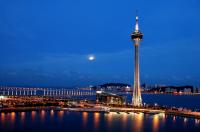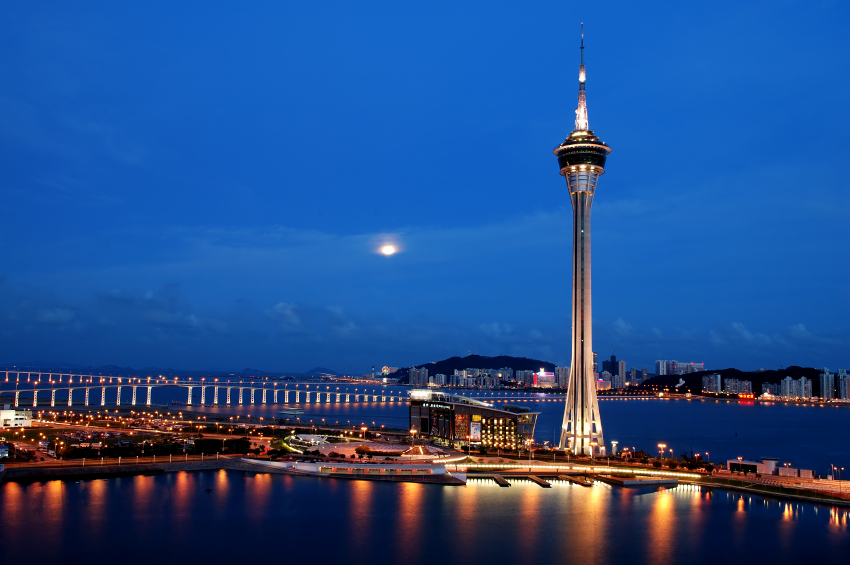 Once upon a time, it seemed like Macau was carrying the Midas Touch when it came to gambling. But the recent slowdown in revenue has stalled the once hard-charging industry and no more was that evident in the month of July when revenue “only” increased by 1.5% from the previous mark from a year ago. For the month, the world’s largest gambling market earned a revenue of 24.58 billion patacas – converted to USD, that’s $3.08 billion – a number that, while still ahead of initial expectations, is considered as the slowest revenue growth for the gambling town since 2009.
Once upon a time, it seemed like Macau was carrying the Midas Touch when it came to gambling. But the recent slowdown in revenue has stalled the once hard-charging industry and no more was that evident in the month of July when revenue “only” increased by 1.5% from the previous mark from a year ago. For the month, the world’s largest gambling market earned a revenue of 24.58 billion patacas – converted to USD, that’s $3.08 billion – a number that, while still ahead of initial expectations, is considered as the slowest revenue growth for the gambling town since 2009.
According to Reuters, a number of analysts pointed to a number of factors for the flat increase in revenue, including the advent of the typhoon season as well as the increasingly worrisome rising credit difficulties in the region that has caused a reduction of super VIP visitors trooping to the gambling town with their well-deep pockets.
The weather disturbances, in particular, caused cancellations of ferry services and transportation to Macau, which then resulted in an estimated loss of 700 million patacas. But Mother Nature’s disruption in gambling activity in Macau is considered as just a temporary blow to the industry. What’s really become a source of great anxiety for the gambling town is the downturn in the Chinese economy, which has caused business to drastically drop from the hard-charging pace it exhibited a year ago when gaming revenue reached an astounding $33.5 billion.
The sputtering Chinese economy’s effect on Macau has led a number of analysts to temper expectations on the estimated revenue growth for the gambling town, including Fitch Ratings, which lowered its revenue forecast down to “10-12 percent from 15 percent”. According to the global business rating agency, the decision to revise its forecast on Macau’s revenue growth reflected “our more cautious view with respect to the near-term impact of the slowdown in China,” before adding that “this is our second downward revision over the last couple of months.”
Despite the downturn in business, a number of people still think that Macau is poised for a rebound in the coming months. It’s certainly worth pointing out that Asians still have a proclivity for gambling and are as likely to change their gambling habits as they are in becoming less adventurous with how they spend their money.
Macau-based Union Gaming analyst Grant Govertsen also told Reuters that he expects revenue growth to remain in the single digits before returning north of 10 percent in the coming months. “We are expecting third-quarter gross gaming revenue growth in the mid-single-digits. Looking further out, we expect full-year 2012 GGR growth to reach the teens.”
We understand that the state of the economy in China will still determine how fast Macau gets back on its feet. It may sound ridiculous for a town that still earns billions of dollars in revenue to be talked in these terms, but considering the standards it has set for itself as the world’s largest gambling market, any kind of hiccup is now being examined under the proverbial microscope.
